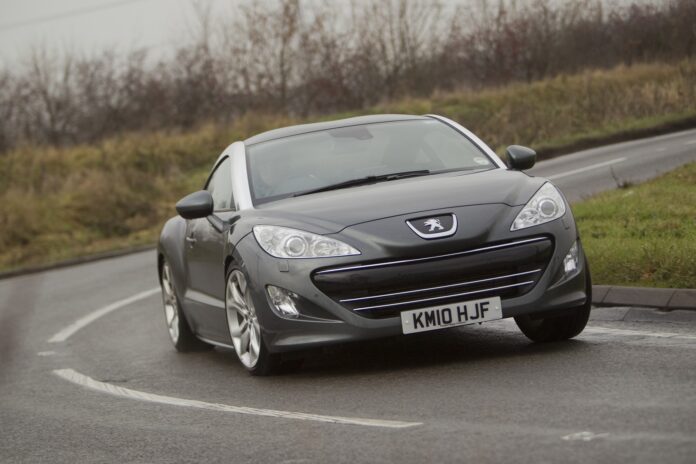The Peugeot RCZ stands out as a rare success story in automotive design: a concept car that defied expectations and made it to production, even surviving a real-world crash test before its launch. In 2010, a senior Peugeot PR executive and colleague found themselves tumbling down a mountainside in an RCZ prototype while scouting a test route in the Pyrenees foothills. The car slid off an icy road, plunging into trees, but both occupants escaped with minor injuries.
The incident highlighted the car’s safety features, notably the then-novel SOS emergency button, which pinpointed their location for rescue. The crash also underscored the RCZ’s unlikely journey from concept to reality. Originally unveiled as the 308 RCZ at the 2007 Frankfurt Motor Show, it was intended as a design study only. Peugeot had no initial plans for production.
However, public and internal enthusiasm for the sleek, Audi TT-like coupé was overwhelming. Peugeot reversed course, unveiling the production RCZ at the same show two years later, with sales beginning in April 2010. This decision marked a departure from the usual fate of concept cars, which often remain unfulfilled promises. The RCZ’s success proved that sometimes, automotive dreams can become a reality.
The story of the RCZ is a testament to the power of design and the unpredictable nature of automotive development. It reminds us that even in the world of calculated engineering, a bit of unexpected enthusiasm can lead to remarkable results




































